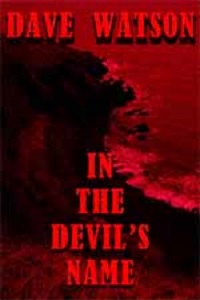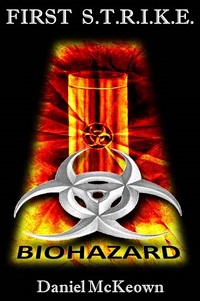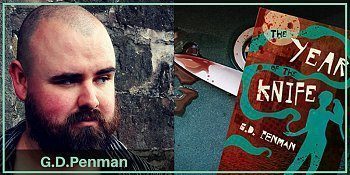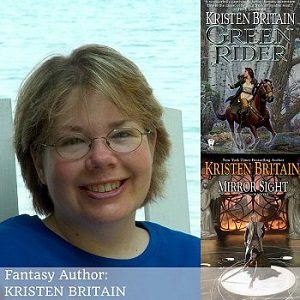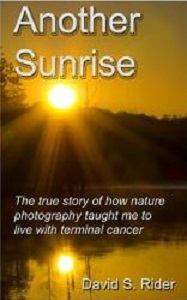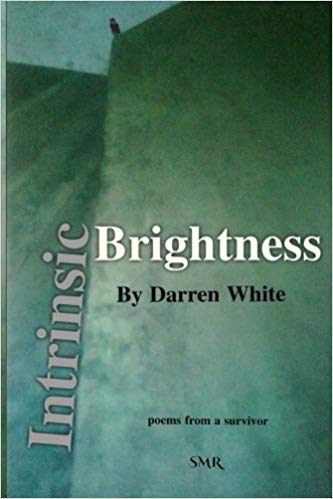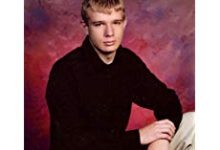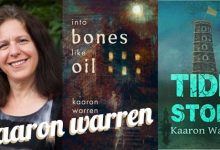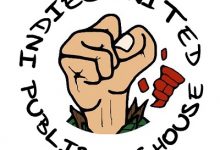Interview with poet & artist, RH Peat
Our next interview, in celebration of National Poetry Month, is with poet and artist R.H. Peat (aka RHPeat). Ron has been writing poetry for over 50 years so I was delighted when he agreed to be interviewed. Thank you, Ron.
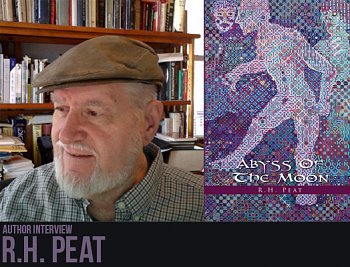 Please tell us a little about yourself and your background.
Please tell us a little about yourself and your background.
— I was raised in a small town in the foothills of the Sierra Nevada Mountain range that falls between California and Nevada in the USA. After High School I went to local JC, Sierra Junior College where I wrote my first published poems. I was inspired by Ms. Bloom who taught literature in the English Department there. After graduating with an AA degree, I moved to San Francisco during the mid 1960’s and went to San Francisco State University while working at the San Francisco Chronicle as an Editorial assistant. The news then was about the war in Vietnam & the sit-in in Sproul Hall at U.C. Berkeley where several hundred students were arrested for protesting.
After graduating from SFSU I got married to my first wife. We had two children and we moved to Sacramento, California where I worked in a hospital for abut 10 + years. That marriage only lasted 7 years; it ended shortly after my father died, we were both too young at the time, and times were tough besides with the war going on.
4 years later I remarried a nurse; later we moved to Eureka, California on the North Coast of California near the Oregon state line, near the Eel and Columbia Rivers. We worked in a hospital there where I finished my graduate studies at Humboldt State University, graduating with an MA. We had two children also. We returned to the foothills again after I graduated. And went to work in a local hospital there.
Then I decided to work on an MFA degree (the terminal degree in fine arts), and we moved to Texas where I received the MFA degree from Texas A & M Commerce. Then I returned to California and worked as Glazer for a number of years until I injured my right hand in an accident. That marriage lasted 28 years until my wife ran off with someone else after the children were raised and out of school; they were off on their own at that time.
Getting back into dating after 55 was tough. There were a lot of adjustments to be made in my life style, I was working with the developmentally disabled at that time as a teacher of the arts. I did that until I retired at 65. Shortly before retiring I met my current wife on the internet. She was living in Wisconsin. We communicated by emailand phone for about 2 years. We visited back and forth a few times and then decided to hook up. So we’re still together today and are quite happy. This bio, is pretty much a short cut for 75 years.
When did you start writing poetry?
— I wrote my first poems in 1962 while attending Sierra Junior College. They were published in the college literary journal. I was hooked on poetry; I then became a poetry junky writing poems off and on for the next 54 years. After retirement I ended up writing a book called Abyss Of The Moon.
What inspired you to write Abyss Of The Moon?
— The book was inspired by my present wife, and she put it together. When we first got together,she wanted to read my poems from over the last few years of my life from where my second wife ran off with someone else. I was a bit worried about that. She insisted, however. Which was something easy for me to do because I’d been reading at open mics for years.
I was worried more about how she was going to deal with some of the subject matter. Anyway, after reading all the poems, she said there was a book there within the poems due to the transformation that takes place in the journey of my book. Which is basically: finding love again after being dumped at 55. She said it was similar to Campbell’s “Heroic Journey”. So she put a group of the poems together and I read it, and I liked it. Then there was an editing process were I rewrote the poems into third person text as “he” in the poetry’s voice. So that all the poems would have a similar point of view to bring the book together as a whole. Then it was a matter of correcting all the typos and line breaks with the publisher/printer to fit the pages.
Did you self-publish or follow the traditional publishing route?
— The book is self–published through a publisher. Getting all the kinks out of the book took some time.
What importance do you feel potential readers place on cover design?
— The cover design in one of my paintings, called “Double Take“. Which is an image of a man with his head turned caught between a shadow head of a female and the face of a mask as a clown. That might be self–explanatory, for the most part. That again was Tina’s (my wife’s) idea as an image for the book.
Who designed the cover for Abyss Of The Moon?
— I sent the image of my painting to the publisher and they designed the graphics for the book cover front and back with my photo and a blurb on the book.
How do you market your book?
— initially I did readings in the general area at major cities in central California. But the book is also posted on several poetry sites on the Internet as well. The publisher Xlibris also has samples of the book online, a friend, unannounced to me, posted a review of the book on a place called “Poetry Train” which you brought to my attention.
If you could have dinner with three poets who would they be and why?
You’re invited, actually Clark Cook, Neetu Malik, Audrey Howitt. We are planning a get together in March in the Bay area in California. They are all members of my writer’s group here on WF, Clark is from Canada, Neetu is from back East, and Audrey lives in the bay area. I hope to meet them all real soon. Now that’s a reality in present time.
But if you’re talking favorite poets throughout history; It might be Dylan Thomas because of his imagery. Then maybe Lu Chi because of his “Wen Fu” (rhyming poetry essay) on the craft of poetry from 500 AD. And why not the ultimate bard, Billy, himself from the Elizabethan era. I’d just like to ask him if all the shit they wrote about him was true. Just to hear him laugh.
Which poem has inspired you and why?
— There are too many. I refused to be influenced by any one poem or poet. I see humanity as multifaceted, and being human I look at myself as multifaceted. I don’t need the one on anything, I am included in the many. Poetry as a whole is inclusive and not exclusive in that sense.
What advice would you give to your younger self?
— To be more discriminatory when it came to my personal passions and life choices. There have been huge blunders along the road covered with red leaves where the blue jay’s echo was too much laughter to bare.
What advice can you offer aspiring poets?
— find out as much as you can from all the sources available to you about the craft (including other poets living and dead), then you might touch the edge of what choice are truly beyond the darkness. Begin with everything and not a single attitude. Read, read, and read about the craft and all kinds of poetry. Learn to discriminate between bad, good, better, best, and outright remarkable. Experiment, experiment and then experiment some more. And above all else, know that you will never know it all. For the craft is a changeling at the doorways of the angel, the muse and the little goblin as Lorca says. Realize everyone’s got lint in their pocket and ravens in their hearts. That’s what puts the glove on its axis and you standing there look at the stars at night.
Please can you share one of your poems?
— A poem from my book: “Abyss Of The Moon”
Perfection
Every oak will lose a leaf to the wind.
Every star-thistle has a thorn.
Every flower has a blemish.
Every wave washes back upon itself.
Every ocean embraces a storm.
Every raindrop falls with precision.
Every slithering snail leaves its silver trail.
Every butterfly flies until its wings are torn.
Every tree-frog is obligated to sing.
Every sound has an echo in the canyon.
Every pine drops its needles to the forest floor.
Creation’s whispered breath at dusk comes
with a frost and leaves within dawn’s faint mist,
for all of existence remains perfect, adorned,
with a dead sparrow on the ground.
Do you have a preference for a particular form and if so which one?
— I quote Robert Creeley here: Form is an extension of content and vis vers. I use this form when writing a sonnet or free verse. I really think the form fits the poem and the poem fits the form; it’s obvious when it doesn’t fit.
What are you working on now?
— Actually Clark Cook is proofreading a manuscript of mine called “Return To The Cave” at this time. But I write every day, If it’s not a poem its criticism on poetry. It keeps the brain working on the craft all the time.
Where and in which formats are your books available?
— It can be ordered on line and for a Kindle through Amazon & Barns and Noble.
Is there anything else you would like to add for our readers?
— I appreciate every reader I can evoke & entice with every poem I write, but if they don’t like my poetry; let them buy some other poet’s skill at the craft to their liking, poetry is vital to all people and all societies. Read it, and get it out there to read.
a poet, Artist friend
RH Peat

